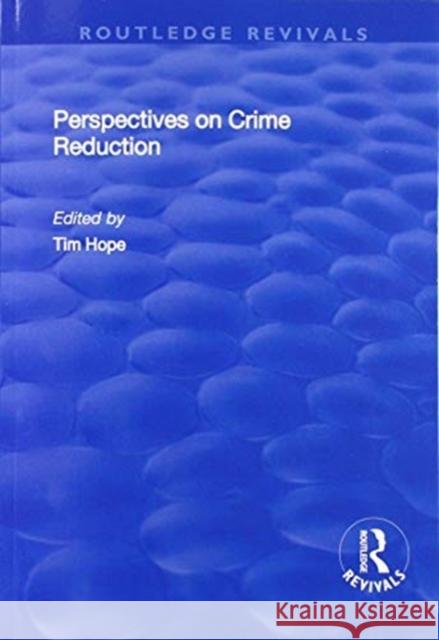Perspectives on Crime Reduction » książka
topmenu
Perspectives on Crime Reduction
ISBN-13: 9781138731660 / Angielski / Miękka / 2018 / 446 str.
Perspectives on Crime Reduction
ISBN-13: 9781138731660 / Angielski / Miękka / 2018 / 446 str.
cena 186,06
(netto: 177,20 VAT: 5%)
Najniższa cena z 30 dni: 181,29
(netto: 177,20 VAT: 5%)
Najniższa cena z 30 dni: 181,29
Termin realizacji zamówienia:
ok. 22 dni roboczych.
ok. 22 dni roboczych.
Darmowa dostawa!
This title was first published in 2000: The papers in this volume are concerned with the prevention of crime.











